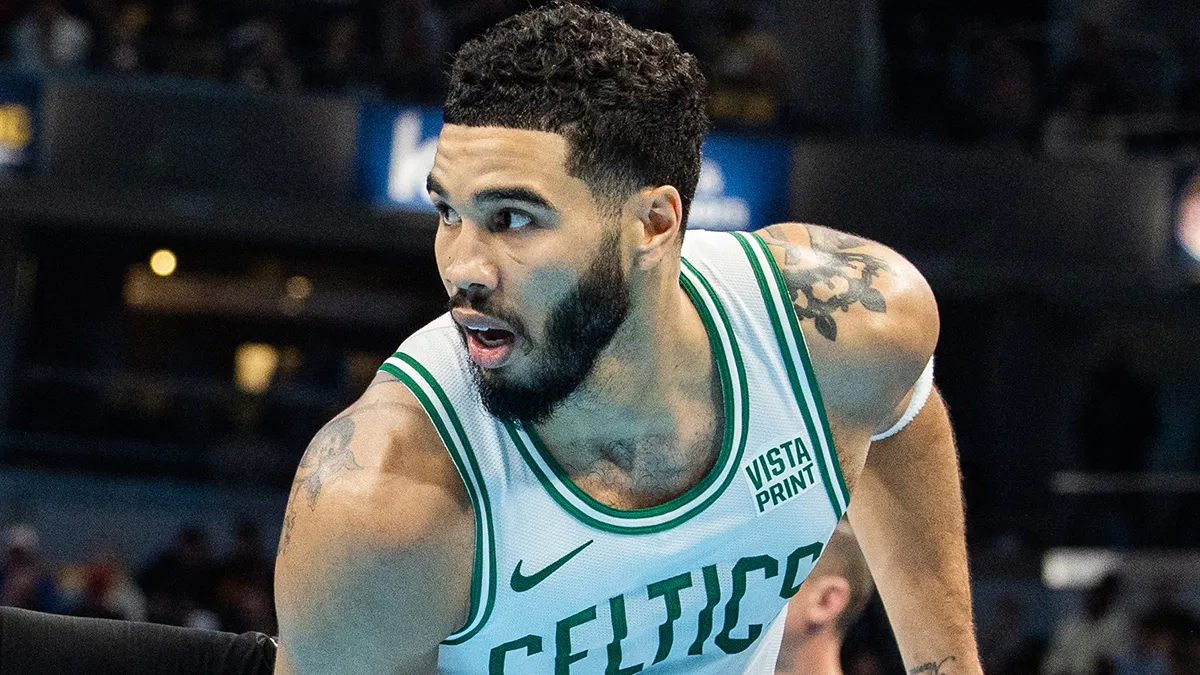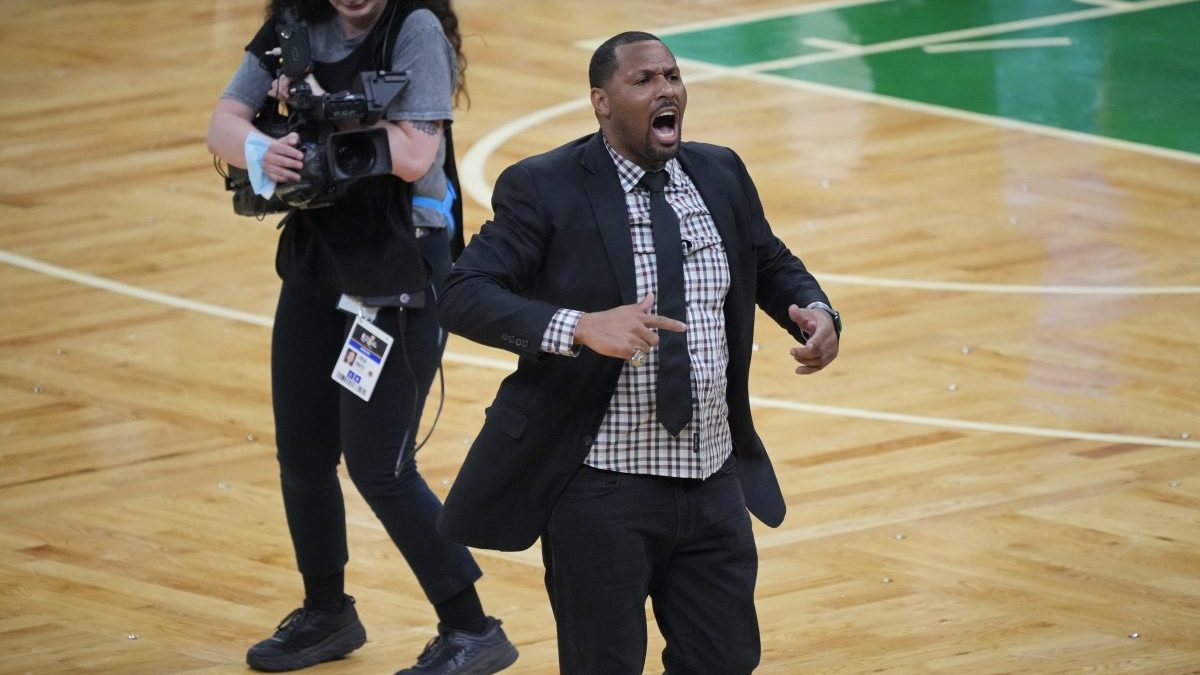The Celtics’ stay in the NBA In-Season Tournament is over and Luke Kornet still has a mortgage, so Boston fell short of its championship goal. But what should we take from Monday’s loss to the Pacers in the IST quarterfinals?
If you’re left uneasy by the way Indiana rallied back in the second half then dominated at the finish line, it’s understandable. Monday’s loss was littered with some of the same bad habits that have plagued the Celtics in previous seasons, most notably an egregious turnover rate and some maddening play in crunch-time moments.
Unlike some nights when it feels Boston can’t stop shooting itself in the foot, the Pacers deserve a whole bunch of credit for their play in a back-and-forth battle. Indiana came out swinging in the third quarter, then rode Tyrese Haliburton’s insane shotmaking in the fourth quarter to punch their ticket to Vegas.
Stay in the game with the latest updates on your beloved Boston sports teams! Sign up here for our All Access Daily newsletter.
But there is absolutely a whole bunch Boston can clean up. And poor Kornet is going to have to deal with crazy interest rates until the Celtics tidy up in these areas:
Turning over the wrong leaf
The Celtics ranked fourth in the NBA in turnover percentage (12.9 percent) through their first 12 games of the season. They rank 26th in the NBA ever since, with that number bubbling to 16 percent over the last eight games.
But what really makes that number sting is how poor the Celtics have been at generating turnovers of their own. Despite all their defensive talent, the Celtics rank 28th in the NBA in opponent turnover percentage (12.2 percent).

Boston’s turnover woes haven’t completely bitten them this season. The Celtics have actually generated more points off turnovers (318) than they’ve given up (313). That speaks well of the team limiting transition chances. But for a team that is obsessed with valuing possessions, the team’s inability to take care of the basketball has routinely complicated matters.
The end of Monday’s game saw the typically super steady Derrick White giving the ball away as the game slipped away, which underscored the team’s woes.
Halftime slow
The Celtics took a seven-point lead into halftime in Indiana but then got outscored 37-23 in the third frame. This continues an infuriating trend of Boston being unable to carry first-half success out of the intermission.
A look at Boston’s net rating by quarter this season:
The Celtics’ net rating in the first quarter is 8.6 points per 100 possessions better than the No. 2 team (Denver). Boston has outscored opponents in the first half 1,243 to 1,068 this season, meaning, on average, the Celtics lead by 8.8 points at the intermission.
Boston has been outscored by only 14 points overall in the third quarter this season, which feels impossibly low. But the team's overall efficiency in that frame has been worse than that number suggests. It goes back to the notion of the Celtics keeping their foot on the gas, particularly given their propensity to downshift after high-scoring first halves.
There’s little reason teams should so frequently be making late-game charges if Boston could ever figure out how to not let their foot off the gas.
Health in focus
Boston had its starting five intact for eight of its first 10 games this season. That group piled up 133 minutes together in that stretch while outscoring opponents by 112 points over that span.
In the last 10 games, Boston’s starters have played just 58 minutes together in three total appearances. The Celtics are 10-1 overall when their preferred starting five is on the court, the only loss coming in the first Philadelphia meeting.
Boston did not have its starting five for its final three IST games, including losses to Orlando and Indiana.
MORE CELTICS COVERAGE
All of which is our long-winded way of wondering: Will the Celtics be healthy -- and stay healthy -- for, say, 25 games in May and June? The question with this team invariably comes back to health.
Porzingis, sidelined the last four games, should be back on the court later this week. Boston’s starters seem to have found instant chemistry, but every second is important for additions like Porzingis and Jrue Holiday.
We suspect that, when the playoffs roll around, Kornet and Dalano Banton will not combine for 28 minutes of floor time in a playoff game. Jayson Tatum and Jaylen Brown should see higher minutes totals as well. Boston’s supporting cast had one of its worst nights in a bright spotlight on Monday night.
Our big takeaway: The Celtics need to commit a little harder to the defensive end. The Pacers are on a historic pace but a 74-point second half, particularly in a win-or-go-home scenario, shouldn’t happen, at least when Boston has most of its core players available.
History suggests the Celtics can’t bank on health. But they most certainly can make their lives easier, regardless of who is available, by valuing the ball more and committing more to the defensive end.
Until then, Kornet is stuck making those mortgage payments.



